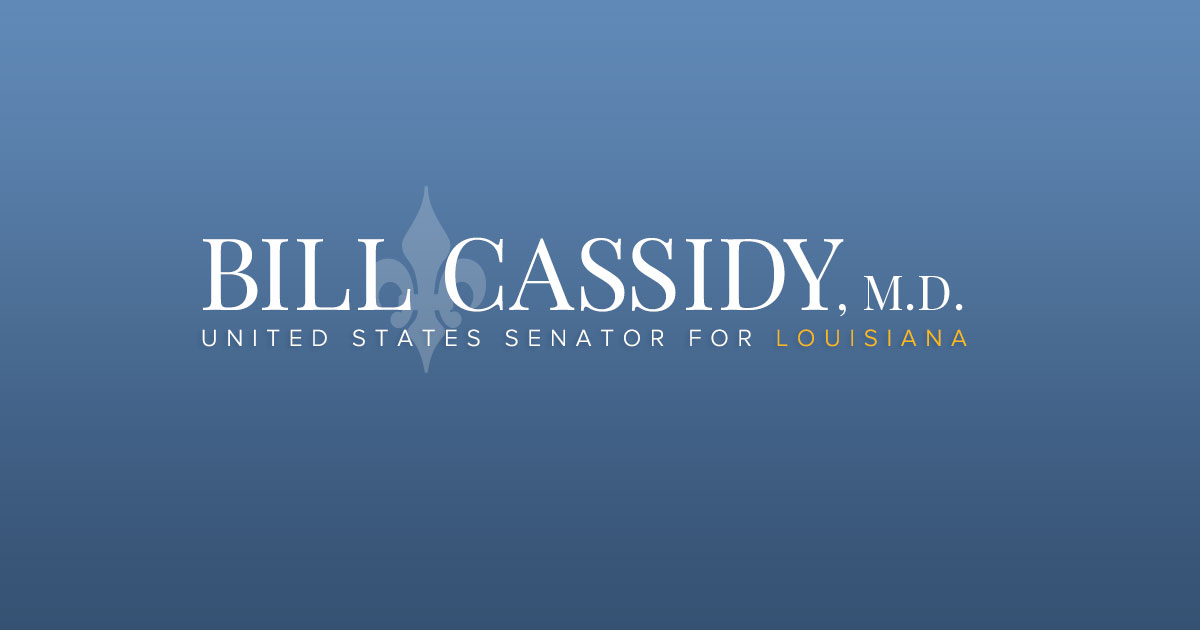Source: United States Senator for Louisiana Bill Cassidy
WASHINGTON – Today, thanks to an amendment cosponsored by U.S. Senator Bill Cassidy, M.D. (R-LA), an authorization of an I-14 corridor that would extend through Central Louisiana was added to the bipartisan Infrastructure Investment and Jobs Act. Should the legislative package led by Cassidy pass Congress, this authorization will be a crucial first step in the process to allow for the future construction of an interstate highway running through central Louisiana.
“Great news for Central Louisiana. An amendment passed which authorizes I-14 through Central Louisiana east – west. Important for Fort Polk, important for Alexandria, and important for economic development. Good news Central Louisiana,” said Dr. Cassidy.
Background
Earlier today, Cassidy released the following one pagers on the benefits for Louisiana in the Infrastructure Investment and Jobs Act: Highways, Bridges, Broadband, and Airports; Louisiana: Leading in Energy; Strengthening Weather Resiliency for Louisiana Citizens; Strengthening Coastal Protection and Restoration; and Improving Water, Wastewater, and Environmental Remediation.
Last week, Cassidy released initial information on the agreement including more than $6 billion for Louisiana’s roads and highways and $371 million for Louisiana water revolving funds. During negotiations Cassidy brought to the table, pushed for, and secured funding for resiliency and energy, which will directly benefit the Pelican State.
Louisiana will benefit from the $312 billion to rebuild America’s transportation infrastructure, including $110 billion for roads and bridges. The Infrastructure Investment and Jobs Act includes $47 billion for resiliency that will go in part to rebuild Louisiana’s eroded coastlines and waterways and $73 billion for energy infrastructure because of Cassidy’s efforts. The bill will also invest in broadband to expand internet access to tens of thousands of Louisianans who currently do not have access.
###
